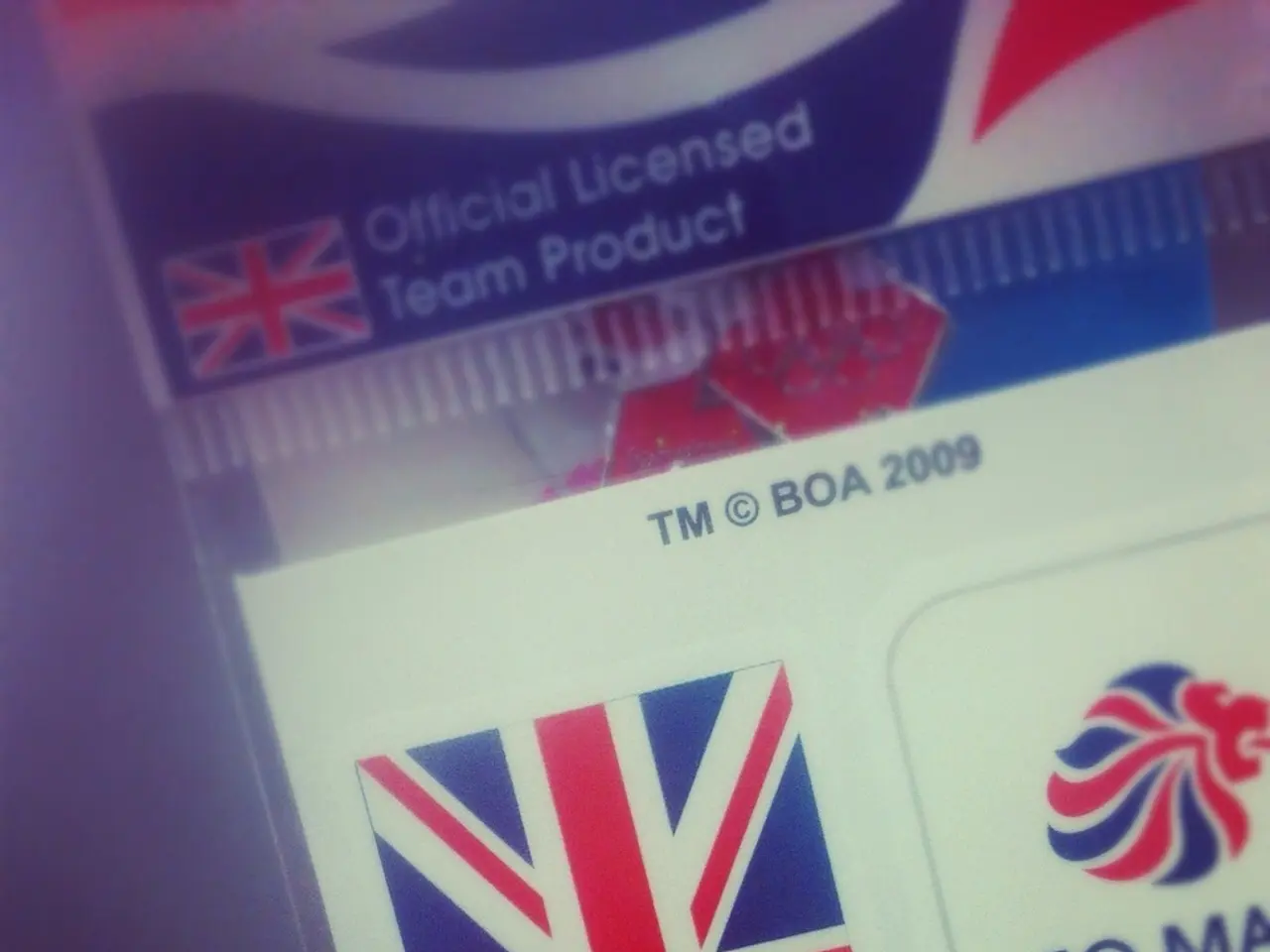Unregistered SIM cards get phased out by NCC, planning to unveil a public network map for enhanced service transparency.
Nigerian Communications Commission Cracks Down on Unregistered SIM Cards and Fake Identities
The Nigerian Communications Commission (NCC) has taken decisive action to strengthen national security, enhance transparency, and bolster investor confidence in the telecom sector.
In a recent announcement, Executive Vice Chairman Aminu Maida highlighted the removal of all unregistered SIM cards from Nigeria's telecommunications networks as of August 2025. This move is a significant step towards improving service transparency and security.
Maida also emphasized that using fake identities for making or receiving calls is explicitly an offence under Nigerian law. The NCC enforces mandatory registration of SIM cards to ensure all users can be identified through valid means, effectively removing unregistered SIMs from circulation. While the commission cannot fully control users’ behavior in presenting fake identities, it maintains that the act is illegal and subject to legal consequences.
The action by the NCC is a response to the need for improved security in the telecom sector and is also aimed at strengthening national security. Maida stated that discussions with state governors are planned to protect telecom infrastructure and address multiple taxation, with the objectives of improving service delivery and national security.
Moreover, Maida announced the upcoming launch of a public map to help subscribers identify networks with the best coverage and tariff plans. This initiative is expected to increase transparency and accountability, further boosting investor confidence.
The NCC's action is also aimed at strengthening cyber security. The recent tariff adjustment, according to Maida, was necessary after a decade without cost-reflective pricing. He also emphasized the need for fresh capital in the Nigerian telecom sector to ensure continued growth and development.
Recent government and regulatory efforts also include improving digital identity verification frameworks, such as integrating NIN—National Identification Number, to strengthen accountability, including on social media and telecom platforms. These regulations reflect Nigeria's broader commitment to reduce cybercrime, telecom fraud, and identity theft, bolstering national security and consumer protection in the telecom sector.
In conclusion, the NCC's actions demonstrate a commitment to upholding the law, ensuring the integrity of the Nigerian telecom sector, and safeguarding national security. By eliminating unregistered SIM cards and cracking down on the use of fake identities, the NCC is taking steps to create a more secure and transparent telecom environment for all Nigerians.
[1] Nigerian Communications Commission (NCC). (n.d.). Unregistered SIM Cards Eliminated from Nigeria's Telecommunications Networks. Retrieved from https://www.ncc.gov.ng/
[2] Nigerian Communications Commission (NCC). (n.d.). Using False Identities for Calls is Illegal—EVC Aminu Maida. Retrieved from https://www.ncc.gov.ng/
[3] Nigerian Communications Commission (NCC). (n.d.). Improving Digital Identity Verification Frameworks. Retrieved from https://www.ncc.gov.ng/
Read also:
- Tesla is reportedly staying away from the solid-state battery trend, as suggested by indications from CATL and Panasonic.
- Review of the 2025 Lamborghini Revuelto: Blazing Beasts on Wheels
- Examining Digital Payment Cards in Nigeria (2025)
- California links 100,000 home storage batteries through its Virtual Power Plant program.








